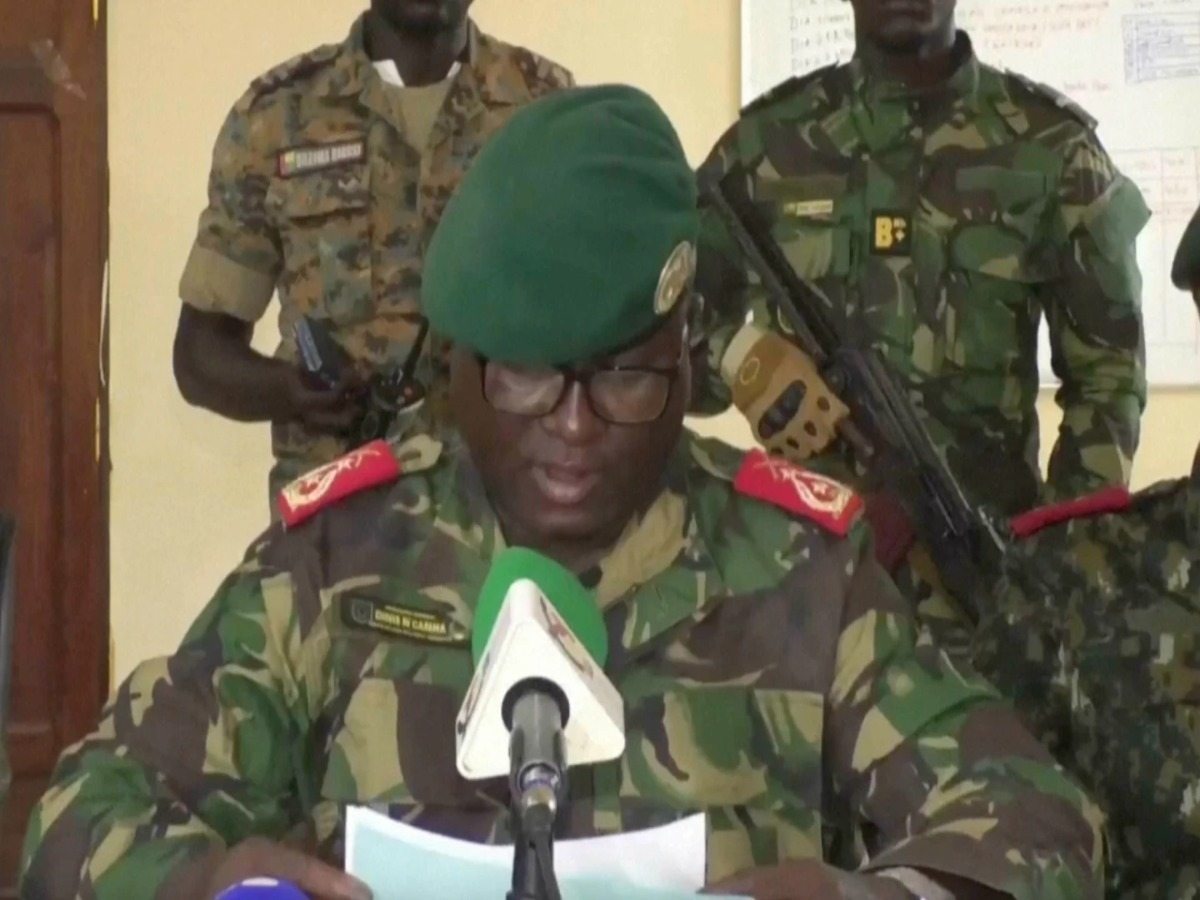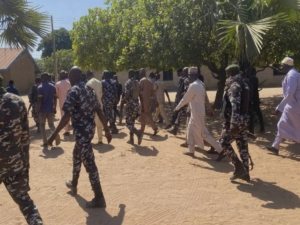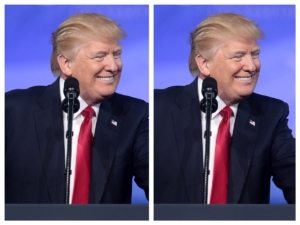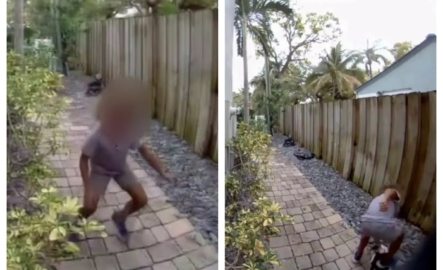On Wednesday, November 26, 2025, Face2faceafrica.com reported the news about the seizure of power in Guinea-Bissau. Later, soldiers appeared on state television to confirm they had seized power, three days after national elections.
Gunfire was reported near the presidential palace, and President Umaro Sissoco Embaló told French media he had been deposed and detained.
“The High Military Command for the re-establishment of national and public order decides to immediately depose the president of the republic, to suspend, until new orders, all of the institutions of the republic of Guinea-Bissau,” said spokesperson Dinis N’Tchama.
N’Tchama claimed the military acted after uncovering a “plan” intended to destabilize the country by attempting to “manipulate electoral results.” He added, “The scheme was set up by some national politicians with the participation of a well-known drug lord, and domestic and foreign nationals,” without providing further details.
READ ALSO: Guinea-Bissau president arrested by armed men, sources say
Following the takeover, the soldiers announced the suspension of the electoral process, the closure of all borders, and restrictions on media activity. Guinea-Bissau has endured four coups since independence and several attempted takeovers, while also becoming a key route for drug trafficking between Latin America and Europe.
The disputed presidential and legislative elections took place Sunday. Both Embaló and opposition candidate Fernando Dias claimed victory Tuesday, despite provisional results not being scheduled for release until Thursday.
Gunfire broke out near the presidential palace around midday Wednesday. An Associated Press journalist reported roads blocked by heavily armed, masked soldiers, with checkpoints surrounding the area. A palace official said armed men attempted to attack the building, prompting an exchange of fire with guards. An Interior Ministry official opened up about hearing gunfire near the National Electoral Commission. Both spoke on condition of anonymity.
A leading member of an international election observer team confirmed the election commission chief was arrested and the office sealed by the military. “The president has been speaking to people saying he’s being held by the military,” the staffer said, also anonymously.
French outlet Jeune Afrique reported Embaló described his detention as a coup led by the army chief of staff. He told France 24, “I have been deposed,” but said he was not harmed.
Embaló faced a legitimacy dispute, with the opposition arguing his term had expired. Guinea-Bissau’s constitution sets a five-year presidential term. Embaló took office in February 2020, and while the opposition says his term ended on Feb. 27 this year, the Supreme Court extended it to Sept. 4. The presidential election itself was delayed until this month.
READ ALSO: Guinea-Bissau president names new prime minister as election tensions rise
Soldiers also detained Embaló’s rival Fernando Dias and Domingos Simões Pereira, head of the main opposition African Party for the Independence of Guinea and Cape Verde. Pereira, a former prime minister and once Embaló’s key challenger, had been barred from the election for failing to submit paperwork on time and later endorsed Dias.
The United Nations expressed deep concern, with Secretary-General António Guterres, through spokesperson Stéphane Dujarric, urging all parties to “exercise restraint and respect the rule of law.”
The African Union and ECOWAS, the West African regional bloc, condemned the military actions in a joint statement, calling it a “blatant attempt to disrupt the democratic process” and demanding a return to “constitutional order,” including the immediate release of election officials.
Meanwhile, the civil society coalition Popular Front accused Embaló and the military of staging a “simulated coup” to delay election results and remain in power. “This maneuver aims to prevent the publication of the electoral results scheduled for tomorrow, Nov. 27,” the group said, alleging Embaló plans to appoint a new president and interim prime minister before calling fresh elections in which he intends to run.
West Africa has experienced a surge in coups since 2020. Mali, Niger, and Burkina Faso are now under military rule, with leaders justifying their takeovers as measures to protect citizens from armed insurgencies. In Guinea, Gen. Mamady Doumbouya overthrew the president in 2021, citing unfulfilled promises and corruption, while promising reforms. Gabon saw mutinous soldiers seize power in 2023 shortly after the presidential election, from which international observers had been barred. In April, coup leader Gen. Brice Oligui Nguema was formally elected president.










